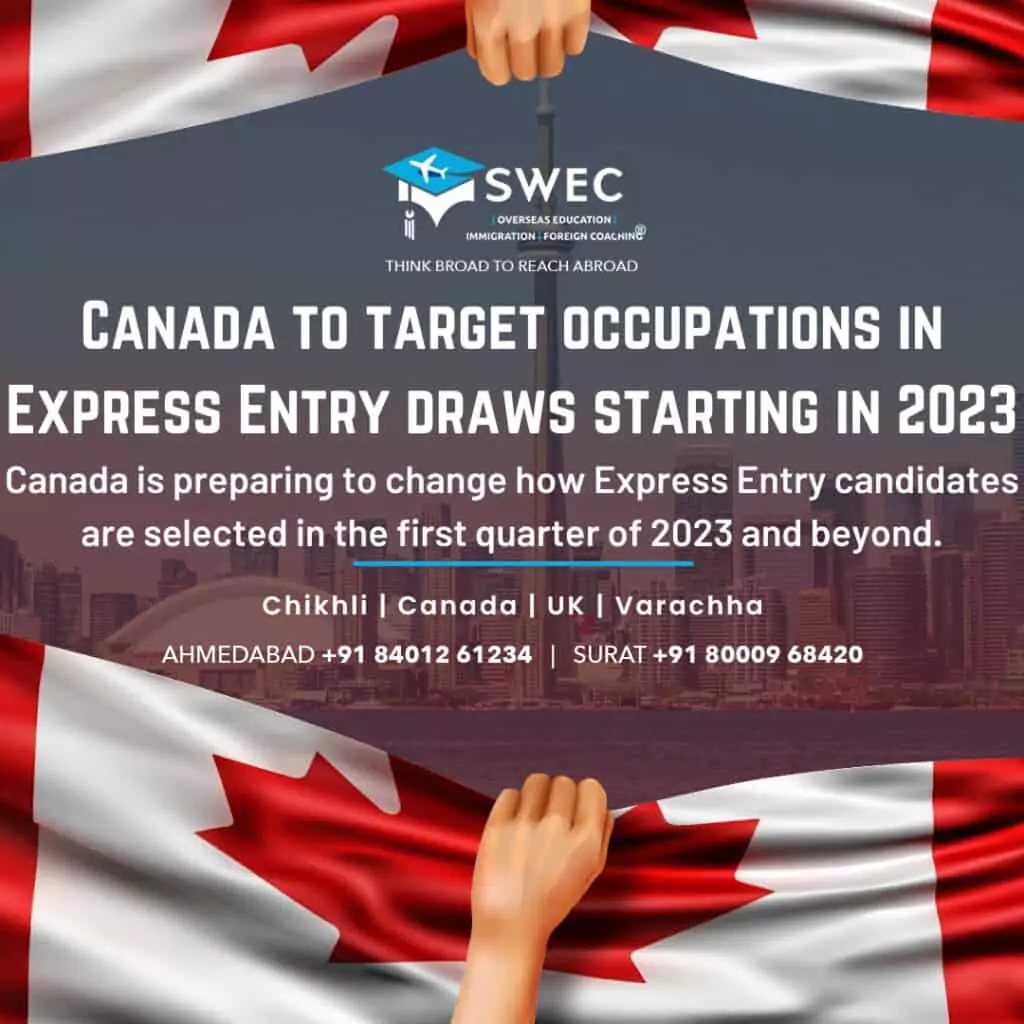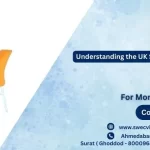
The expected changes to Express Entry were made possible by Bill C-19 which received Royal Assent, or passed in both houses of parliament, on June 23. Under the Bill, the immigration minister has the authority to invite candidates with any in-demand skills or abilities.
Immigration Minister Sean Fraser told CIC News in an interview last June that the changes to Express Entry would help Canada select immigrants who are already primed for economic success.
The minister said although Express Entry already gives Canada a competitive advantage, there is room for improvement.
“Where [the Express Entry system] could be improved is at present if there are particular challenges that your economy is facing, it might be facing in the long term. We don’t have the ability to tailor the invitations to apply to the Express Entry system to meet those in-demand skills or qualifications,” Fraser said.
IRCC says that the Bill will allow Canada to invite Express Entry candidates on a new basis, one that would support an economic goal identified by the minister.
#1 Canada PR News-Who will be invited?
There is no confirmation to date on which candidates would receive invitations to apply (ITAs) in targeted draws. The minister said he would be consulting with provinces, business councils, and other stakeholders to best evaluate which candidates to target.
The minister’s new authority means that it will now be possible to invite Express Entry candidates based on the most pressing economic needs and urgent labor shortages.
As an example, healthcare is seen as one of the most pressing occupational categories. In October, the job vacancy rate within the sector stood at 6%. The government has been taking measures to fill jobs in the sector, such as removing some barriers for internationally trained physicians who are already in Canada and the more recently announced Foreign Credential Recognition Program.
Still, it is plausible that future Express Entry draws may target only candidates with backgrounds in healthcare professions to fill vacant positions at a faster rate.
Why is the system changing for Canada PR News?
Canada is currently undergoing a labor shortage due to an aging population and low birth rate. It is expected that nine million Canadians will reach the retirement age of 65 by 2030, and there are not enough younger Canadians to fill their positions, leading to a high number of job vacancies that will be difficult to fill. Canada relies on immigration to maintain its workforce and keep the economy strong.
To help maintain and grow the workforce, the immigration levels plan 2023-2025 targets admissions of up to 500,000 new permanent residents per year by 2025. Of these, over 110,000 will be admitted through Express Entry programs.
Canada PR News- How does Express Entry work?
The Express Entry application management system endeavors to streamline processing for skilled workers who apply under three economic immigration programs; the Federal Skilled Worker Program (FSWP), the Federal Skilled Trades Program (FSTP), and the Canadian Experience Class (CEC).
Since the Express Entry application management system came into effect in January 2015, candidates have been selected to receive ITAs exclusively based on their score within the Comprehensive Ranking System (CRS).
Under the CRS, candidates are evaluated on several factors such as work experience, education or language ability, and other human capital factors such as their age or if they have family already living in Canada. Each factor is assigned points and the candidates with the most overall points have the highest CRS scores and are therefore more likely to receive an ITA in an Express Entry draw.
With targeted draws, IRCC would still require that candidates meet eligibility criteria for an Express Entry program. However, a candidate’s CRS score would not be the deciding factor in receiving an ITA. The draws could be tailored to candidates who had specific work experience, education, or language abilities.




